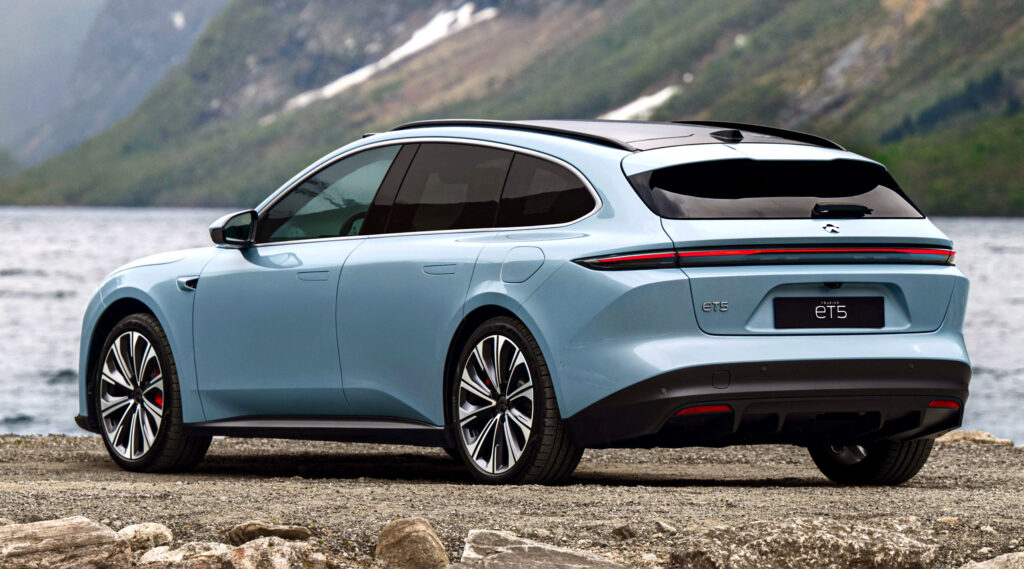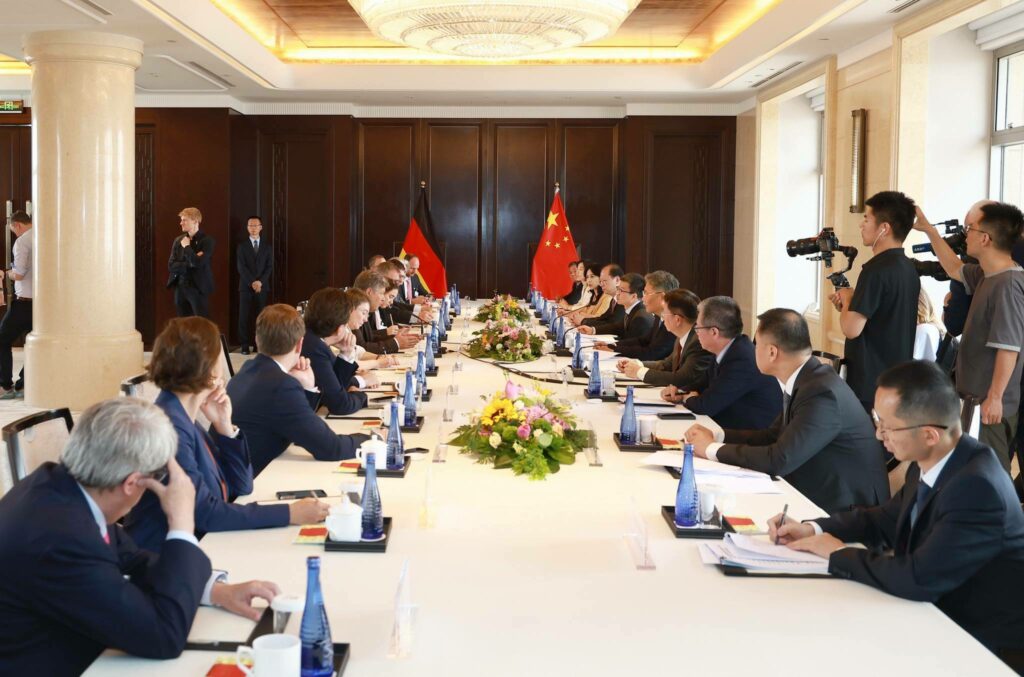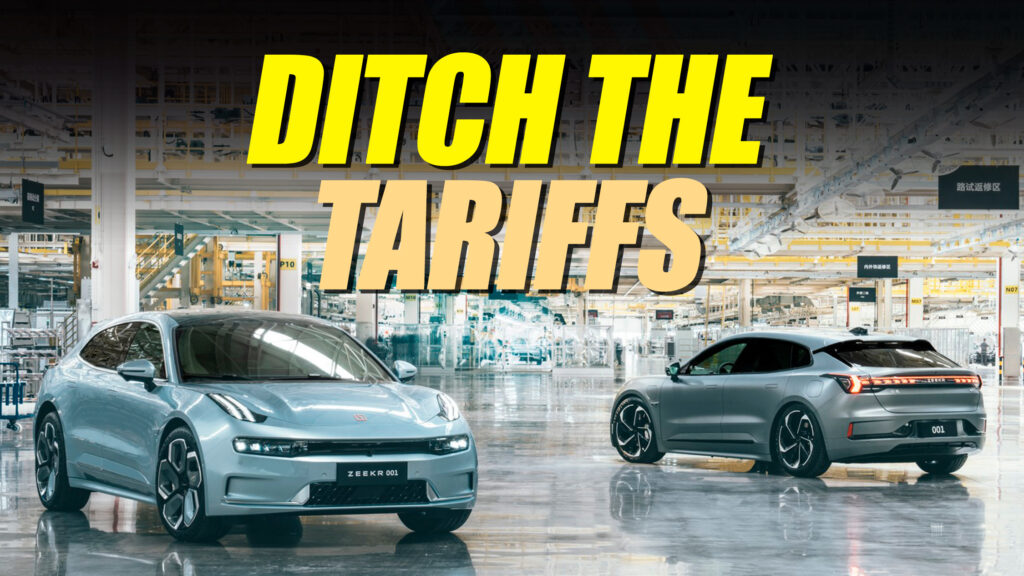- The EU has said it will increase tariffs on Chinese EVs by up to 38.1%.
- China could retaliate with 25% tariffs on large-capacity internal combustion cars from Europe.
- Germany has expressed its opposition to tariffs.
Officials from the European Union and China will negotiate new car tariffs after months of trading barbs and announcing new import duties.
Soon after the European Union revealed it would increase tariffs on Chinese-built EVs by up to an extra 38.1%, officials from the two regions spoke on a call last weekend and agreed to have further discussions about the taxes. The EU asserts that Chinese EVs are unfairly subsidized by the government, while China has accused the EU of protectionism and trade rule breaches.
Read: BYD Calls For United Front Among Chinese Carmakers To “Demolish The Old Legends”
Speaking with the BBC, a European Union spokesperson told the BBC that EU Trade Commission Valdis Dombrovskis has spoken with Chinese counterpart Wang Wentao about the levies and will “continue to engage at all levels in the coming weeks.” Wang also met with German Vice-Chancellor and Federal Ministry for Economic Affairs and Climate Action Robert Habeck on Saturday.
China’s Ministry of Commerce has threatened to file a lawsuit with the World Trade Organization “to firmly defend its legitimate rights and interests,” and in a Facebook post, said that Wang Wentao expressed his “firm opposition” to the tariffs while speaking with Habeck.
Germany has criticized the tariffs against Chinese EVs, and Stellantis has expressed its opposition to them.

“Habeck said that Germany and China are both supporters and beneficiaries of globalization,” China’s Ministry of Commerce said in its Facebook post. “The current world situation is complex and turbulent, with trade protectionism on the rise. The German government is deeply concerned about the EU’s anti-subsidy investigation into Chinese electric vehicles, believing that it will have a negative impact on Europe’s green transition and consumer interests, and is also worried that the interests of German automakers in China might be damaged. Under the current situation, imposing tariffs is the worst means, which will set off a vicious cycle of escalating trade frictions.”
“The German side agrees with the Chinese proposal to resolve the issue through dialogue and will convey this to the European Commission. It hopes that both sides will find a feasible solution through consultation and negotiation with a constructive approach,” the ministry added.
In response to the EU’s move to hike tariffs on Chinese EVs, local car manufacturers have suggested China take retaliatory action, hitting vehicles from Europe with large combustion engines with a 25% tariff.




